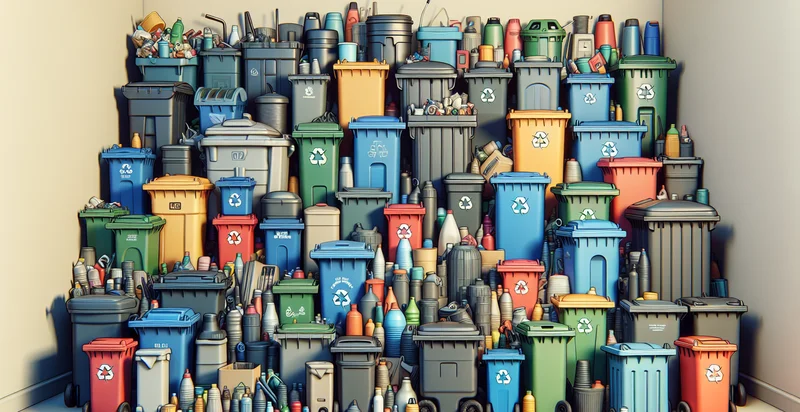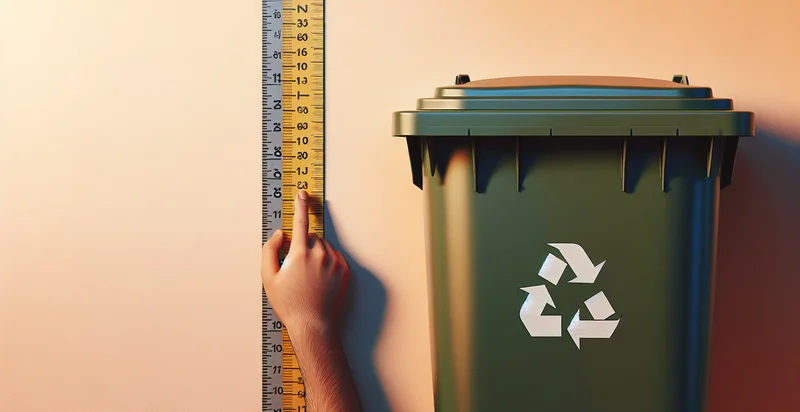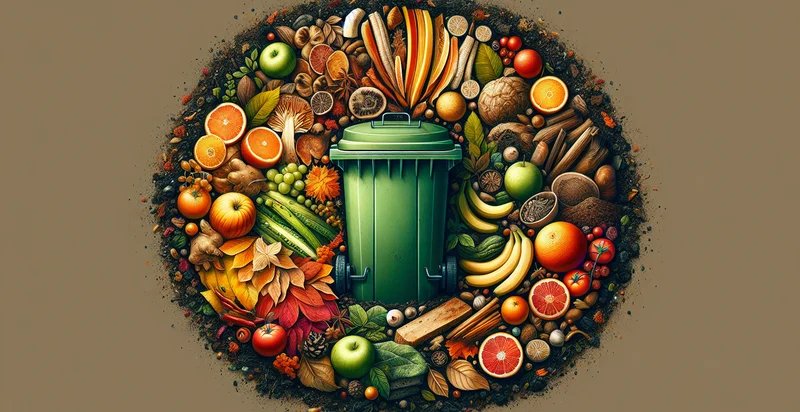Identify waste bin type
using AI
Below is a free classifier to identify waste bin type. Just upload your image, and our AI will predict what type of waste bin it is - in just seconds.


Contact us for API access
Or, use Nyckel to build highly-accurate custom classifiers in just minutes. No PhD required.
Get started
import nyckel
credentials = nyckel.Credentials("YOUR_CLIENT_ID", "YOUR_CLIENT_SECRET")
nyckel.invoke("waste-bin-type", "your_image_url", credentials)
fetch('https://www.nyckel.com/v1/functions/waste-bin-type/invoke', {
method: 'POST',
headers: {
'Authorization': 'Bearer ' + 'YOUR_BEARER_TOKEN',
'Content-Type': 'application/json',
},
body: JSON.stringify(
{"data": "your_image_url"}
)
})
.then(response => response.json())
.then(data => console.log(data));
curl -X POST \
-H "Content-Type: application/json" \
-H "Authorization: Bearer YOUR_BEARER_TOKEN" \
-d '{"data": "your_image_url"}' \
https://www.nyckel.com/v1/functions/waste-bin-type/invoke
How this classifier works
To start, upload your image. Our AI tool will then predict what type of waste bin it is.
This pretrained image model uses a Nyckel-created dataset and has 13 labels, including Bulk Waste, Compost Bin, Electronic Waste, Food Waste, Glass Recycling, Green Waste, Hazardous Waste, Metal Recycling, Paper Recycling and Plastic Recycling.
We'll also show a confidence score (the higher the number, the more confident the AI model is around what type of waste bin it is).
Whether you're just curious or building waste bin type detection into your application, we hope our classifier proves helpful.
Related Classifiers
Need to identify waste bin type at scale?
Get API or Zapier access to this classifier for free. It's perfect for:
- Smart City Waste Management: This use case involves integrating the waste bin type identifier into a smart city framework. Municipalities can optimize waste collection routes by identifying the types of waste bins in use, improving efficiency, reducing costs, and enhancing environmental sustainability through better recycling practices.
- Recycling Facility Automation: Recycling facilities can leverage this technology to automatically classify waste bins as they arrive. By identifying bin types quickly, the facility can streamline sorting processes and ensure materials are processed more efficiently, thereby increasing the overall recycling rate.
- Retail Waste Optimization: Retailers can utilize the waste bin type identifier to monitor and analyze waste disposal habits within their stores. Understanding what types of waste are being generated can guide improvement initiatives, reduce overall waste, and promote sustainability practices among employees and consumers.
- Educational Campaigns: Schools and educational organizations can employ the waste bin type identifier to develop targeted waste management educational campaigns. By identifying the types of bins and the waste generated, these organizations can create impactful awareness programs that teach proper waste segregation and recycling.
- Hospitality Industry Management: Hotels and restaurants can implement this classification function to monitor waste management in real-time. By identifying waste bin types, businesses can optimize waste segregation, enhance their sustainability efforts, and achieve certifications that appeal to environmentally conscious customers.
- Environmental Compliance Monitoring: Government agencies can use the waste bin type identifier as part of their environmental compliance efforts. By classifying waste bins, agencies can ensure that waste disposal practices align with regulatory requirements, promoting proper waste handling and reducing illegal dumping.
- IoT-Enabled Waste Tracking: Integrating this identifier with IoT devices allows for smart waste tracking across various sectors. Organizations can create data-driven insights into waste generation patterns, enabling better forecasting, policy-making, and operating procedures that lead to reduced waste and enhanced recycling efforts.


